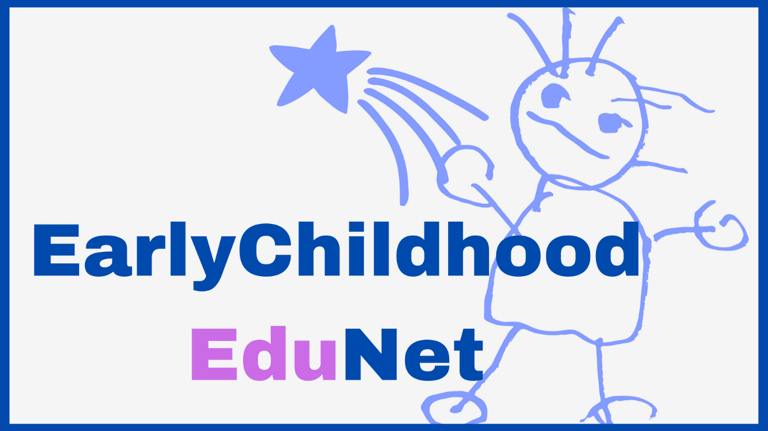How to Boost Language Skills: Vocabulary Building Puzzles for Early Childhood Development
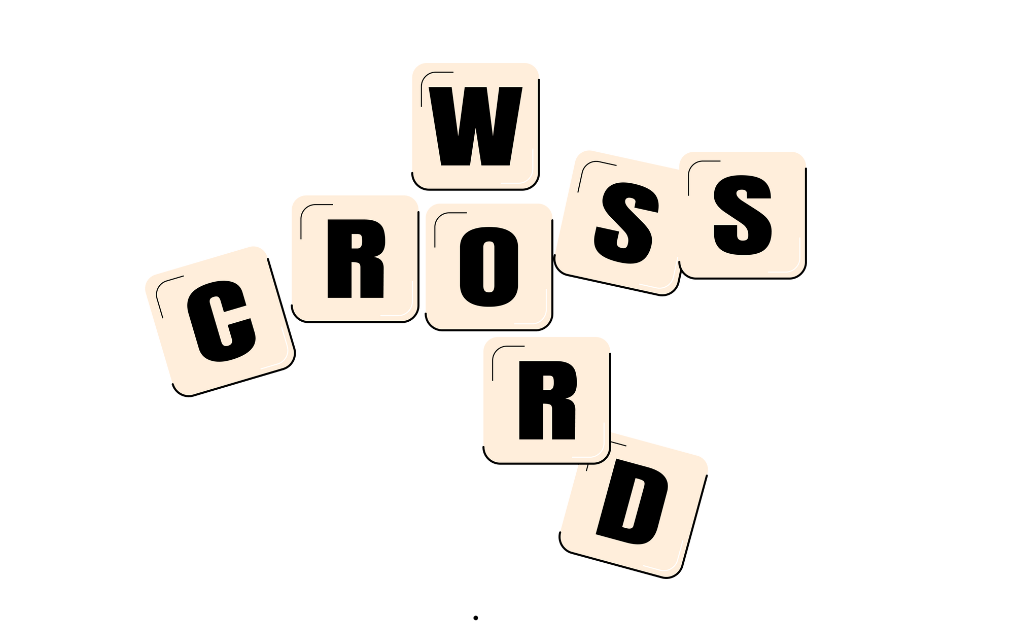

How to Boost Language Skills: Puzzles that Help Kids Learn New Words
by Dewi Griffith Ph.D
Imagine a room full of curious kids, their faces lit up with joy as they start to work on a set of fun puzzles.
Not just my own observations convince me how helpful and fun game-like activities can make learning vocabulary words and their meanings, which also enables reading a sentence, story and book.
A number of experts also agree that these activities work. Beck, McKeown, and Kucan (2013) say that puzzles and other interactive activities are great for improving language skills and expanding vocabulary.
The National Reading Panel (2000) says that building a vocabulary is important for reading comprehension and overall literacy. Stahl and Fairbanks (1986) agree that puzzles and other interactive learning methods greatly improve word knowledge.
Today, I will share why these vocabulary-building puzzles are useful, how to set them up, tips to keep children on task, and some of the issues you might face.
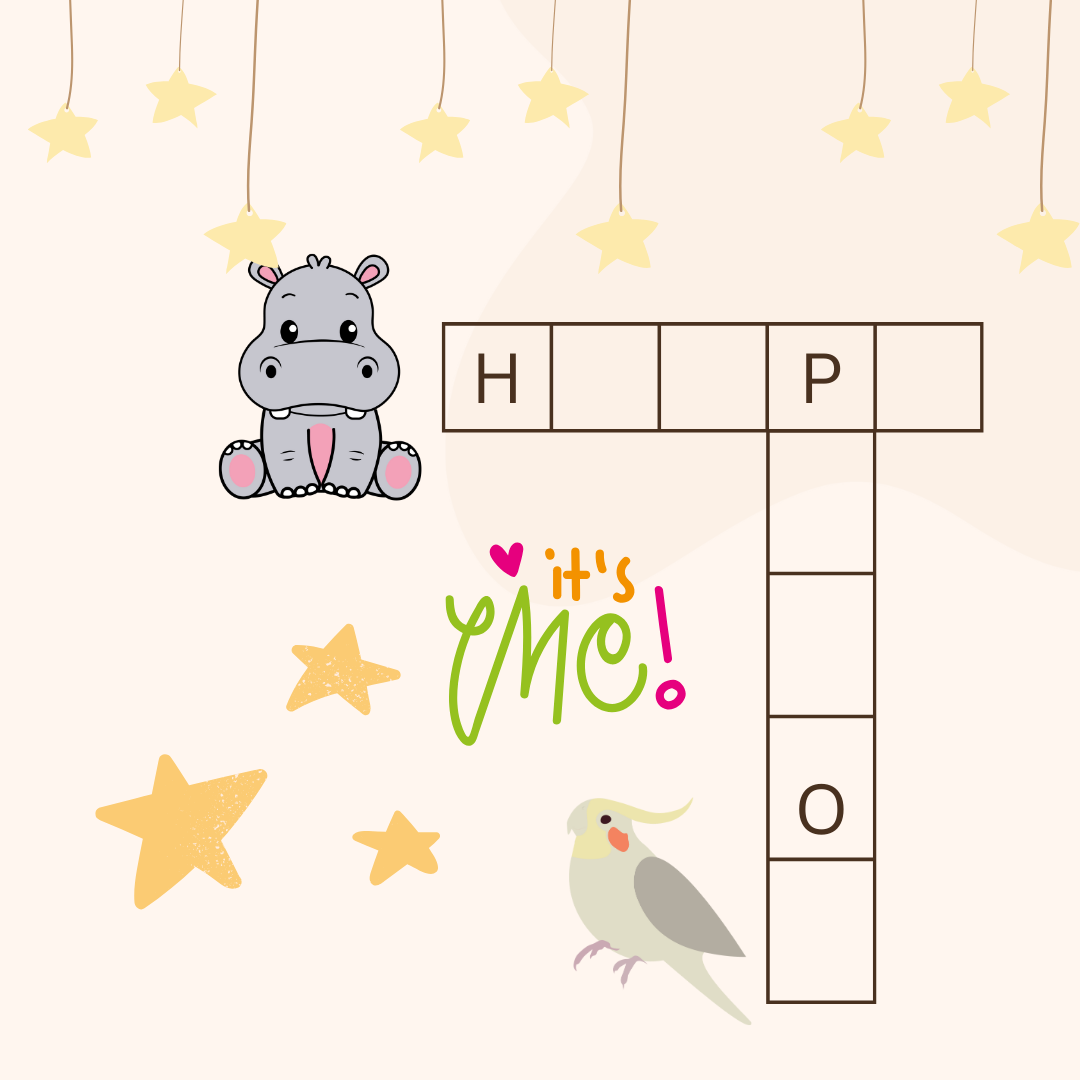

Why Are Vocabulary Building Puzzles So Important?
Huh, you might think? Word puzzles for vocabulary? What? These kinds of puzzles are an excellent way to make learning new words enjoyable: if a kid solves a puzzle that emphasises vocabulary, they are not only having fun – they are reinforcing their language skills in a way that really sticks.
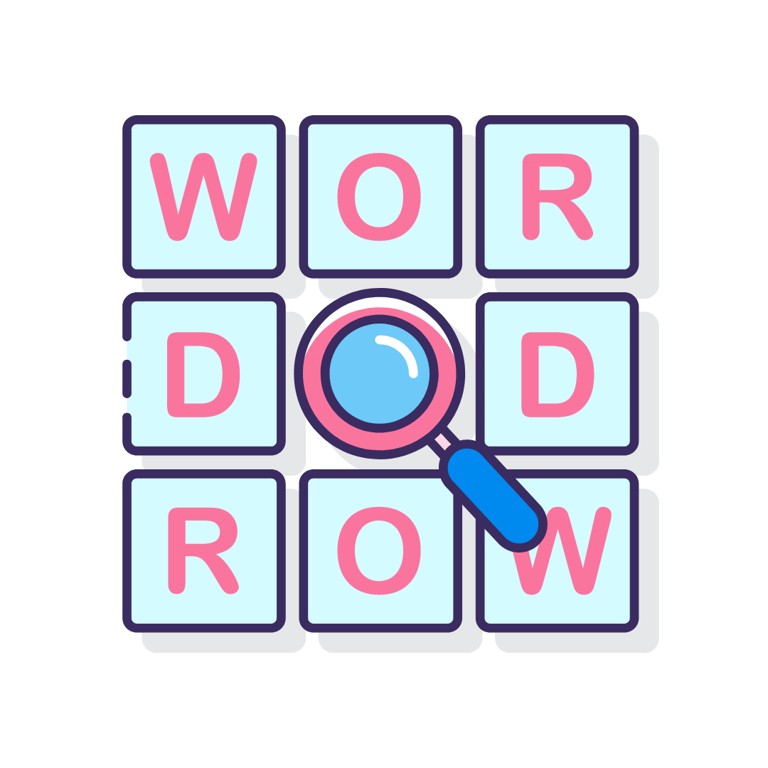

The Benefits of Vocabulary-Building Puzzles
Enhance Language Skills:
The vocabulary puzzles present new words in a familiar context, encouraging children to understand and remember new words.
Engaging in the puzzles helps with language expansion and comprehension as the kids work with new words.
Boost Cognitive Development:
Much of the vocabulary puzzle fun involves practising spelling and word recognition activities that children otherwise might find tedious: the repeated gameplay provides ample reinforcement of basic spelling and word recognition.
Encourage Independent Learning:
Puzzles invite kids to work on a project alone, developing autonomy and a sense of completion with each puzzle solved.
Foster Engagement and Motivation:
Interactive puzzles keep learning dynamic and enjoyable. Children will stay engaged with their learning when it is playful, not work.
How to Set Up Your Vocabulary Building Puzzle Adventure
What You’ll Need:
A variety of vocabulary puzzles (crossword puzzles, word searches, matching games).
Pencils, markers, or crayons.
Optional: Puzzle-solving aids like word lists or picture hints.
Step-by-Step Guide:
Preparation:
Make sure the puzzle is age-appropriate and choose a vocabulary level that suits your children. You can find pre-made puzzles or create your own tailored to specific vocabulary themes or lessons.
Introduction:
Lead by explaining the activity, modelling, and demonstrating how it works. Show the various puzzles they will be working on and introduce new vocabulary words.
Puzzle Time:
Pass out the puzzles and let the children go to work. Let them use the vocabulary words in sentences as they work on the puzzles – an excellent opportunity for reinforcement.
Group Discussion:
Once finished, bring the kids together and talk about any words that have appeared that are new to them. Ask them what their favourite parts or new words wer
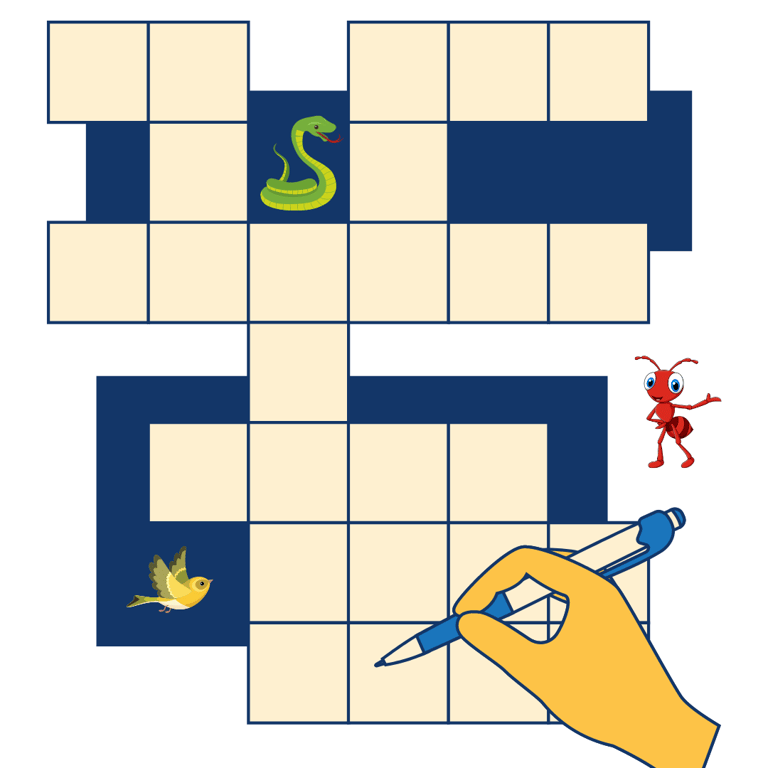

Keeping the Fun Alive: Tips and Tricks
Incorporate Themes:
Use themes that match the children’s interests or the lessons you are presenting already; if you are learning about animals, for example, make animal-oriented puzzles.
Add Visuals:
Use pictures or other graphic elements – a stick figure – to help them see similarities between the words they are learning and their meaning. This can help them learn faster.
Mix-Up Puzzle Types:
Change between different types of puzzles often to keep it interesting – if they have to do them every day, they’ll eventually get bored. Have some word-searches on the fridge, some crosswords on the dining room table, and some matching games in the car.
Offer Rewards:
Give small awards and little praise in order to encourage your child to keep trying and to improve, but also to praise the effort and success at each increment.
Make It Social:
Make puzzle‑solving a team sport, letting children work together to help one another, so that effort and collaboration are part of learning.
Difficulty Levels:
Some puzzles may be too easy. Don’t contrast easy puzzles with hard puzzles.
It is better to start at the children’s level of ability and make things harder as necessary.
Even if the child can do the puzzle successfully, she may be bored. Analyse why the child can do the puzzle rather than excluding her from the amazing puzzle works because she’s bored.
Short Attention Spans:
The puzzles may be too long for some children. Keep puzzles bite-sized and within reach. If need be, you might want to take out a puzzle and break it into very small pieces.
Frustration with Difficult Puzzles:
If they can’t get a puzzle, help them but don’t end up solving it for them. Remind them that it’s OK to be wrong sometimes, and prod them to keep trying.
Resource Limitations:
You might have limitations on the puzzle resources that are accessible – look for free printable puzzles online, or create your own so you have a range to work with for the children.
How to Deal with Challenges Along the Way
It's not just my own experience that shows how useful vocabulary-building puzzles are; experts also agree.
Beck, McKeown, and Kucan (2013) say that puzzles and other interactive activities are great for improving language and vocabulary skills. Their research shows that using words in different ways helps you understand and remember them better.
As the US-based National Reading Panel reported in 2000, vocabulary development is critical to reading comprehension and all aspects of literacy, and aspects of engaged vocabulary development can go a long way toward building children’s vocabulary.
Moreover, in 1986 Stahl and Fairbanks reported that such interactive learning activities, including puzzles, can be useful in helping young learners acquire word knowledge and usage.
Research among experts confirms that vocabulary-building puzzles are exceptionally effective.
Are you looking for the ultimate list of kids vocabulary puzzles?
Learn the benefits of vocabulary-building puzzles for early childhood development.
We’re sure you’ll find them invaluable. Vocabulary Building Puzzles are just amazing for language learning – they make it fun, engaging, and therefore highly effective.
If you add a vocabulary-building puzzle activity into your kids’ learning routine, you will be on your way to entertaining your children while expanding their vocabulary skills at the same time. Children who work with vocabulary puzzles also develop their cognitive skills and a healthy and fun attitude to learning.
If you’re a teacher, a parent, or any other caregiver for young children, vocabulary-building puzzles are the best way to support early childhood development.
Put your puzzles to good use and play to boost literacy skills in an interactive, fun, and wholesome way.
Conclusion:
References and Further Reading
References
Beck, I. L., McKeown, M. G., & Kucan, L. (2013). Bringing Words to Life: Robust Vocabulary Instruction. Guilford Press.
National Reading Panel. (2000). Teaching Children to Read: An Evidence-Based Assessment of the Scientific Research Literature on Reading and Its Implications for Reading Instruction. National Institute of Child Health and Human Development.
Stahl, S. A., & Fairbanks, M. M. (1986). The effects of vocabulary instruction: A model-based meta-analysis. Review of Educational Research, 56(1), 72-110.
Other articles you might like
Learning Through Play
Home Reading Tips
DIY Learning Materials
